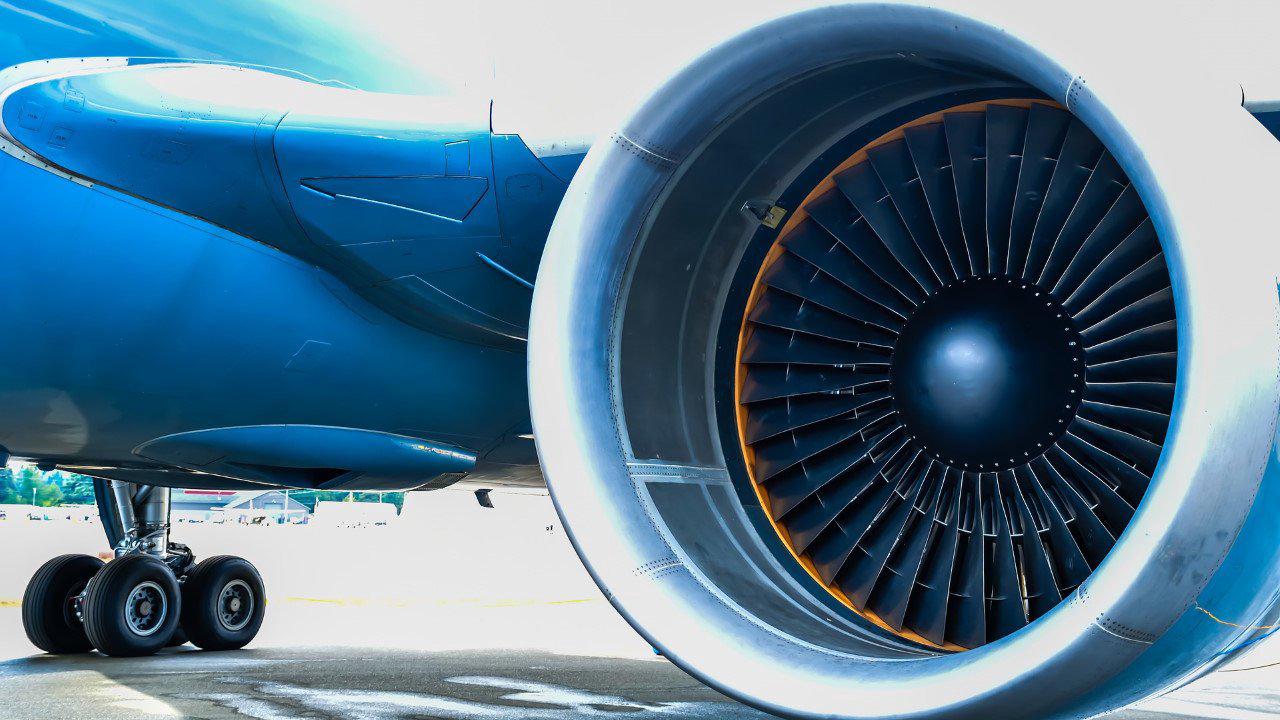Very light alcohol aerogel sound insulation will make aircraft engines 80% quieter

In aviation, any advancement in design must either reduce weight or the benefit has to be worth the extra weight. Researchers at the University of Bath seem to have achieved the perfect balance between the two by developing a way to reduce aircraft engine noise by up to 80% while adding almost no extra weight.
As Green Car Congress reports, the research team at the University of Bath developed a graphene oxide-polyvinyl alcohol aerogel, which only weights 2.1kg (4.6lbs) per cubic meter and therefore makes it the lightest sound insulation ever manufactured.
Lead researcher Michele Meo explains, “We managed to produce such an extremely low density by using a liquid combination of graphene oxide and a polymer, which are formed with whipped air bubbles and freeze-casted. On a very basic level, the technique can be compared with whipping egg whites to create meringues – it’s solid but contains a lot of air, so there is no weight or efficiency penalty to achieve big improvements in comfort and noise.”
The impact for air travel is potentially very significant. Adding the aerogel insulation to the engines on a commercial aircraft would reduce noise by up to 80% or 16 decibels. It means the “105-decibel roar of a jet engine taking off” would instead sound like your typical hair dryer, which is sure to help keep passengers at ease as they leave the ground and without needing to rely on noise-cancelling earbuds.
Although the focus is initially on the aerospace sector, the research team believes this new aerogel has applications in helicopters, car engines, marine transport, and building construction. On the current timeline, we should expect to see it first used within 18 months.
By Matthew Humphries uk.pcmag.com
